Fall 2025 Courses & Registration
Fall Course Preview: Thursday, August 14, 2025 | 10 a.m.-12 p.m.* | Stevenson Hall 1400 & Zoom
*doors open at 9 a.m., coffee and light refreshments will be served
RSVP to let us know if you plan to attend in person or by Zoom.
Course Registration | August 14-September 12
MONDAYS
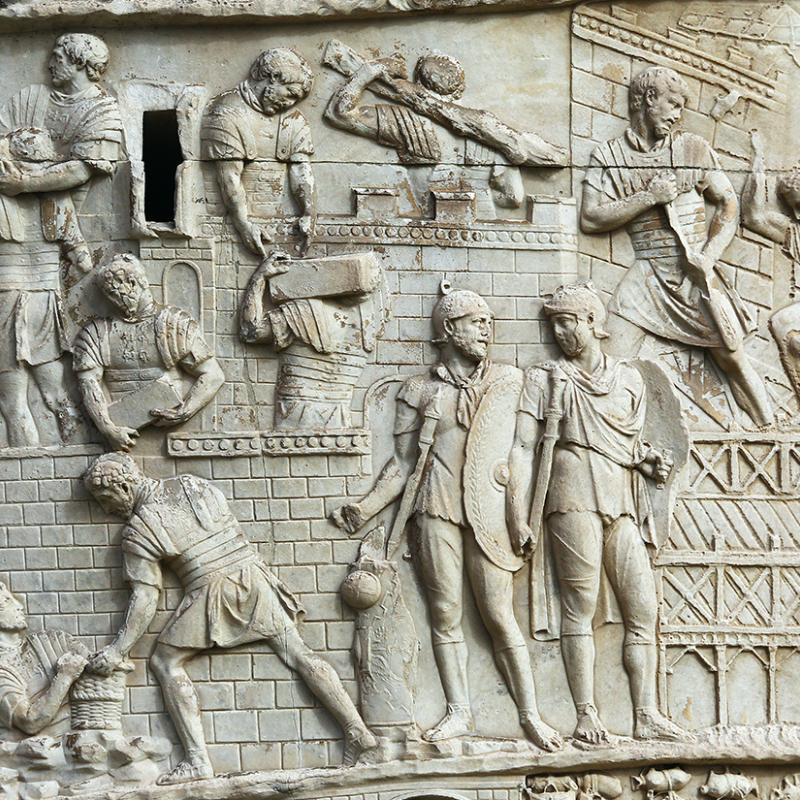
Baths, Bread & Belonging: Daily Life in Ancient Rome
Instructor: Sam Cohen
When: September 15-October 27* | 10 a.m.-12 p.m.
Location: Darwin 103 | Hyflex
*Note: There will be no class on Monday, October 13, and the last class will take place on Monday, October 27
What was it like to live in the Roman world—not as an emperor or general, but as a citizen, slave, or subject? This course explores Roman society from the late Republic to the early Empire (100 BCE–400 CE), focusing on daily life, social structure, religion, family, art, and more. Rather than tracing political events, we’ll ask how Romans understood power, identity, and community. Through close reading of historical texts and material culture, students will gain a deeper understanding of Roman civilization and sharpen their skills in historical analysis, research, and interpretation. Ideal for those curious about the complexities of the past and how history continues to shape our present.
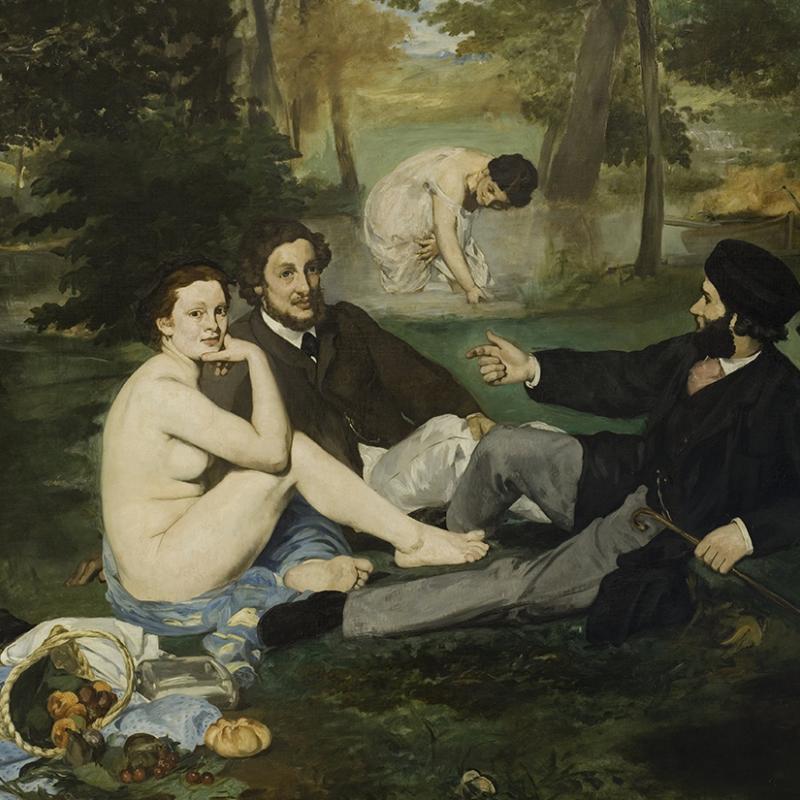
Manet and Morisot: Creative Partners of Modern Art
Instructor: Maureen DeGeller
When: September 15-October 20 | 1:30-3:30 p.m.
Location: Salazar 2014 | in person only
Édouard Manet is seen as the founder of modern painting. His masterpieces, like The Luncheon on the Grass and Olympia, influenced young members of the Impressionist group, which included French painter Berthe Morisot, who helped organize and exhibited at the Impressionist exhibitions. Manet & Morisot, at the Legion of Honor Museum from October 11, 2025 to March 1, 2026, explores how the two artists interacted with each other and impacted each other’s work. Both incorporated each other’s techniques into their own works, and Morisot modeled for Manet frequently before she married Manet’s brother, Eugène.
TUESDAYS
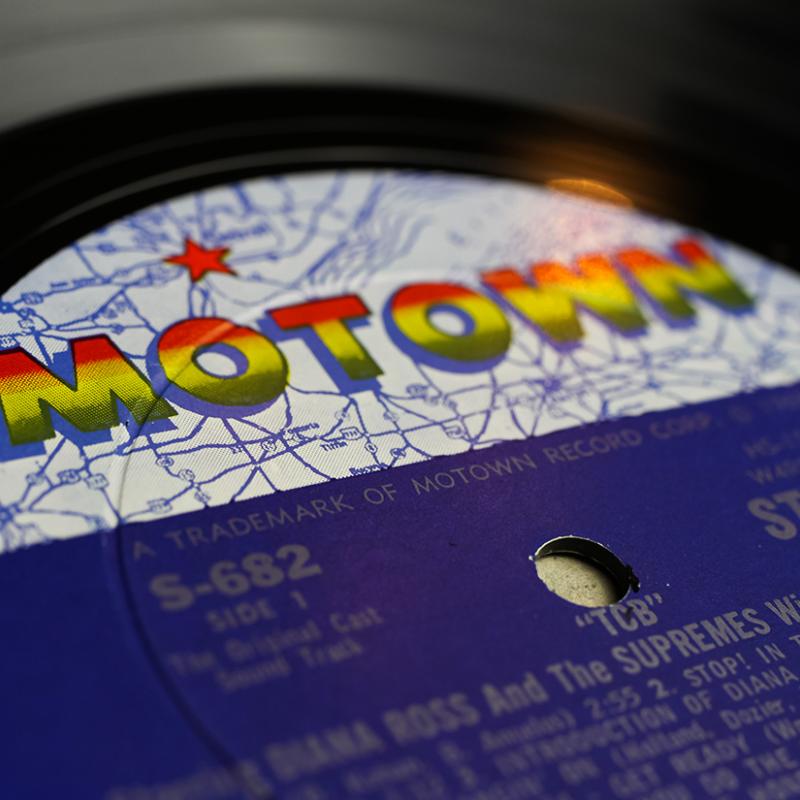
Motown Records: The Greatest Soul Music Records
Instructor: Richie Unterberger
When: September 16-October 21 | 10 a.m.-12 p.m.
Location: Stevenson 1300 | Hyflex
More than any other record company, Motown represented a sound and a style, helping to define soul music with hundreds of hits in the 1960s and 1970s. Using both common and rare recordings and video clips, this course lays out the label's history from its beginnings in Detroit in the late 1950s to its growth to the most successful independent record label of all time. Many legends of soul music will be seen, heard, and discussed, including the Supremes, Smokey Robinson, the Temptations, Mary Wells, Martha & the Vandellas, Marvin Gaye, Stevie Wonder, and the Jackson Five.
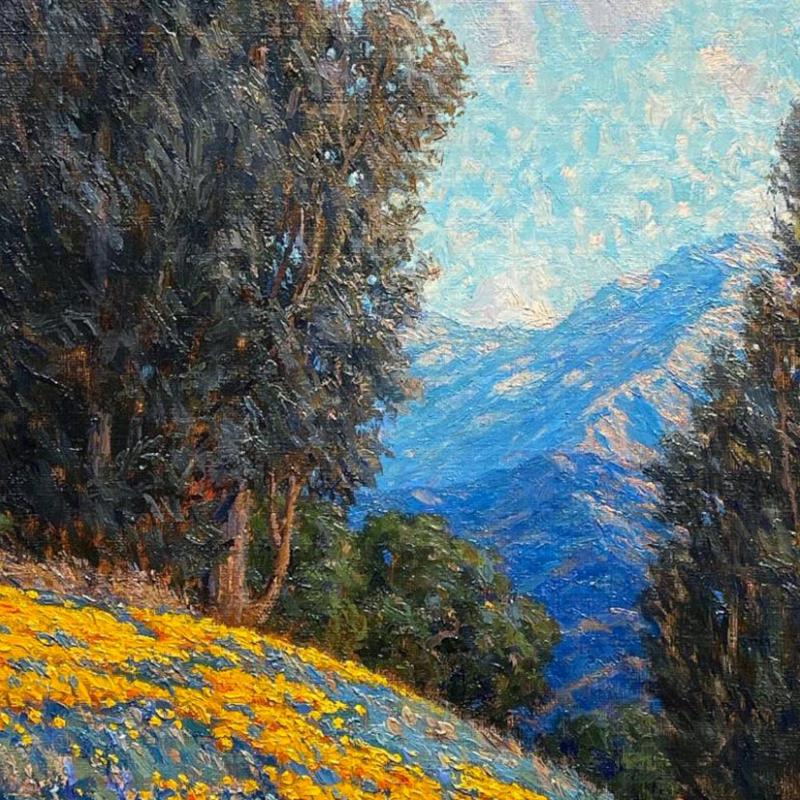
Early California Artists and History: 1848-1950
Instructor: Linda Reid
When: September 16-October 21 | 1:30-3:30 p.m.
Location: Stevenson 1300 | Hyflex
Early California was much more than the Gold Rush. This class explores the rich culture and diverse personalities that made San Francisco the hub of cultural endeavors. Upheavals included the exploding population, building the railroads, the 1906 Earthquake and recovery, the impact of the Depression, and the turn toward modernism. Artists responded to their environment, changing art styles along the way, often to cries of outrage. Join in the adventure as we meet those who participated in the making of California, both politically and culturally: Christian Nahl, Arthur Mathews, Guy Rose, Granville Redmond, Leland Stanford and the Big Four, Selden Gile/Society of Six, Diego Rivera, architects Bernard Maybeck and Julia Morgan. There will be a special presentation of the Panama Pacific International Expo, held in San Francisco in 1915.
WEDNESDAYS
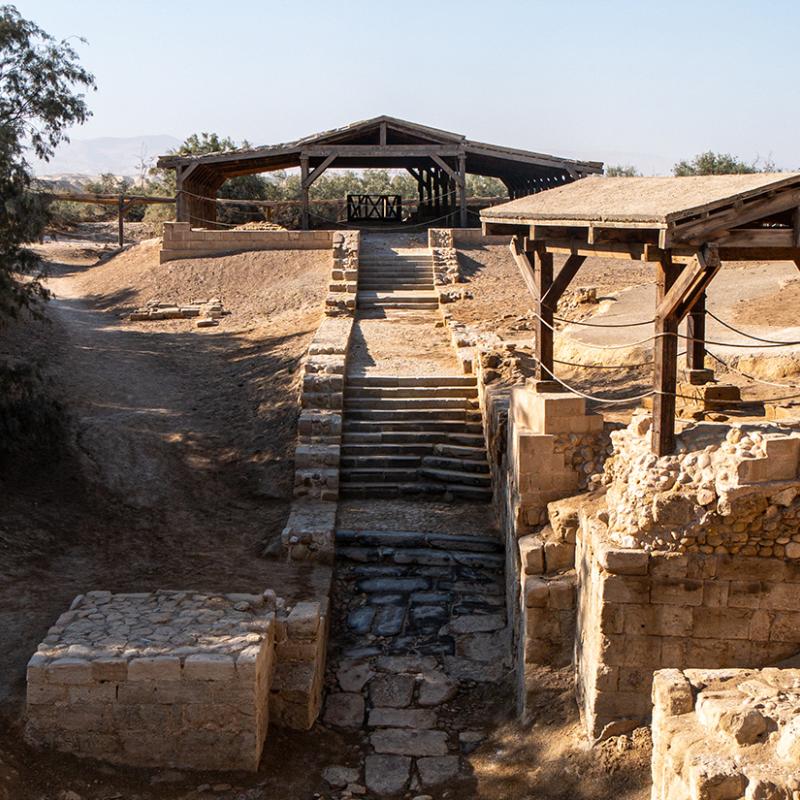
Archeology in the Land of the Bible
Instructor: Alexis Boutin
When: September 17-October 22 | 10 a.m.-12 p.m.
Location: Darwin 103 | Hyflex
Archaeological research produces a material context for events and characters from the Hebrew Bible/Old Testament that can both support and challenge contemporary interpretations of the text, as well as their resonance for modern people. In this course, we will evaluate passages in the Hebrew Bible (e.g., Creation, the Patriarchal narratives, Exodus, the emergence of Israel) in terms of textual and archaeological evidence. We will also explore political-economic history, material culture, and identity formation from the earliest societies through the Persian empire in what is now Israel, Palestine, and beyond. Finally, we will critically examine the past and present use of heritage for political and ideological purposes in the Middle East.
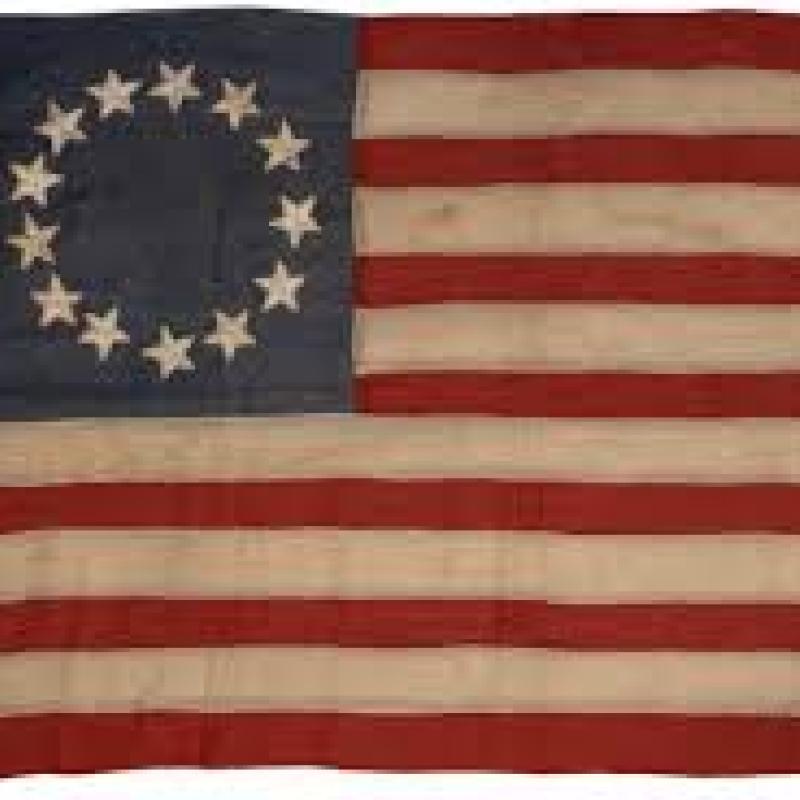
The Making of the American Culture
Instructor: Linda Pulliam
When: September 17-October 22 | 1:30-3:30 p.m.
Location: Darwin 107 | in person only
Individual liberties, rights, and representative government were radical concepts in the British colonies of the 1600s -1700s, and their meaning slowly evolved in churches, communities, and families. The English, Scots, and Ulster Scots (AKA Scot-Irish) varied significantly in the kinds of liberties they sought, beliefs about what led to happiness, and concepts of an ideal form of governance. Germans, who constituted the second-largest group of immigrants, added to this diversity. Groups also varied internally due to religion, education, occupation, and economic standing. Did the citizens of the new USA ever reach a consensus? Come join the discussion about cultural continuity, tradition, and social change, and the assumptions in “E pluribus unum.”
THURSDAYS
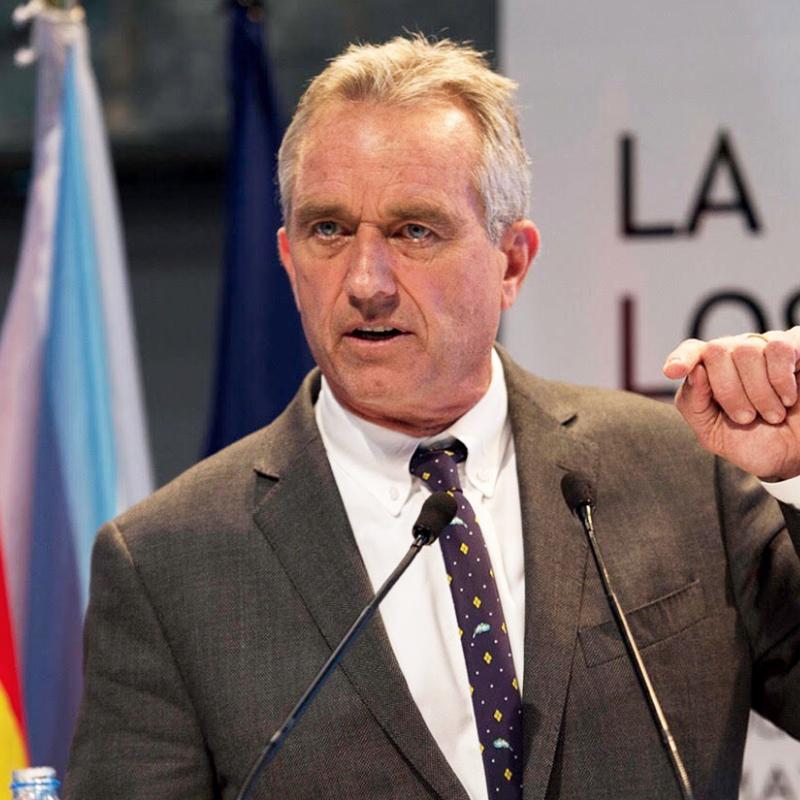
Robert F. Kennedy, Jr. & the Health Freedom Movement
Instructor: Phil Madvig
When: September 18-October 2 | 10 a.m.-12 p.m.- | *3-week class
Location: Stevenson 1300 | Hyflex
The appointment of RFK, Jr. as Secretary of Health and Human Services has brought increased attention to numerous health controversies, including vaccinations, access to alternative therapies, the "epidemic" of chronic disease, and the role of government in medical research, regulation of drugs, and preparation for future pandemics. RFK is representative of a longstanding American movement that espouses individual freedom in health decisions, rejecting government and scientific authority, and often offering "natural" or alternative therapies in place of those advocated by the medical establishment. We will examine the history and origins of the movement, its current status, and make an objective evaluation of its major components.

The Event Horizon: The Role of Human Experience & the "Black Hole" of Scientific Knowledge
Instructor: Jesse Bengson
When: September 18-October 23 | 1:30-3:30 p.m.
Location: Stevenson 1300 | Hyflex
The success of the scientific method is readily apparent in textbooks, media and the popular consciousness. We have mapped the human genome, the human brain, and the universe with astonishing fidelity. Yet there are profound and persistent mysteries right before us: 1.) particle/wave behavior is a matter of individual subjective interpretation, 2.) the fundamental definition of a "living" organism is a matter of subjective opinion, and 3.) we have no clear explanation for how experience arises from a system of ions flowing in and out of neural structures. Based upon these facts, this class will explore the notion that even "objective" scientific knowledge is “mind-dependent” and thus fundamentally subjective at its core.


